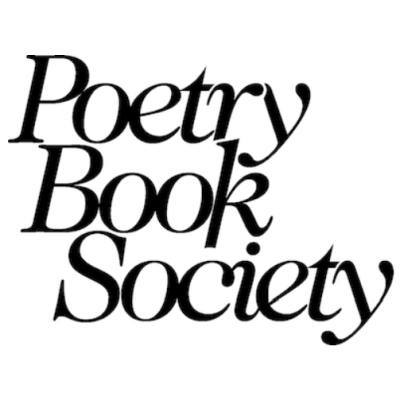Terence Dooley, the translator

Mariano Peyrou and Terence Dooley reading at Shearsman's book launch. (Photo credit: Maura Dooley)
This quarter, translated poetry lovers among our PBS readers have been recommended the following poetry in translation book: the lyrical but lucid The Year of the Crab by Mariano Peyrou (Shearsman Books, 2019, bilingual edition Spanish/English), translated from Spanish by Terence Dooley. Peyrou’s work is fun, magical, melodious and delicate, but mature and direct at the same time.
In the words of the translator:
“The year of the crab is a story poem with a musical structure. Its three movements, as in a concerto, contain recurring motifs and themes which, as they return, develop and intensify.
The setting is a holiday house in Galicia, Northern Spain, and the time is fluid. Is it one endless month by the seaside, or do we have many holidays in the same place superimposed one upon another? There are various characters: the narrator who sometimes is a child among other children, sometimes has children of his own, Inés, an ideal woman or girl, the telegraphone, a mythical beast, She, a mother-figure who is ill and cannot take part in the games of the summer, and the crab, who perhaps represents the illness. The story progresses with strange surreal happenings, meditations on love, the past, the future. The narrator’s voice is tender and often humorous. The magic of childhood is evoked in a way that reminds one of Le Grand Meaulnes by Alain Fournier.”
PBS Members can enjoy George Szirtes’ commentary on this book in our Spring Bulletin. In this web space dedicated to poetry in translation, we want to give a voice to the translator too, aiming to get the public interested in the translation process by revealing more about it and its challenges and about the author-translator relationship. With our first of a series of translator-focused blogposts, we are acknowledging the hard work of translators, without whom we would not be able to read, understand and appreciate foreign literature.
The translator of The Year of the Crab Terence Dooley and author Mariano Peyrou have kindly answered our questions on the book, Spanish-language poetry, poetry in translation, and translation.
A text’s linguistic and formal peculiarities often create challenges for translators. Did the translator face any particular difficulties and, if so, how have they been overcome?
“The language used presented no difficulties to the translator. The challenge was to produce an English poem which would be as musical as the Spanish. I was greatly helped in my translating by Mariano, who has excellent English, especially in preserving the linguistic echoes which are such a feature of the poem.
Coincidentally, I have another translation link to Mariano. I am most grateful to him for his recent excellent translation of my mother-in-law, Penelope Fitzgerald's, Booker-Prize winning novel, Offshore/A la Deriva, published in Spain by Impedimenta.”
Do you have any favourite verses from the book?
“All of the characters draw every day ‘to invent time’. Many amusing anecdotes or tongue-in-the-cheek wise sayings are introduced with the phrase ‘The Bible says,’.
My favourite line from the poem (though it’s very difficult to quote out of context) is:
The Bible says, no-one can draw his secret moon
but I also like these two lines which, in a sense, sum up the poem:
I thought the essence of summer is that it ends.
I thought the essence of summer is that it never ends.”
Who do you recommend this book to?
“I would warmly recommend The year of the crab to anyone. It is a delight.”
What other poetry in translation would you recommend to our readers?
“For those who would like to read more Spanish poetry, the Shearsman Books catalogue is a treasure house, already featuring most of the unmissable modern poets of Spain and Latin America.”
Last year, Shearsman Books published two books of poetry translated from Spanish, for example: Architecture of Dispersed Life – Selected Poems by Pablo de Rokha, a great though less-well known Chilean modernist, translated by Urayoán Noel, and Amorgos Notebook by Elsa Cross, translated by Luis Ingelmo & Tony Frazer (bilingual edition), a 2007 collection which won the Mexican poetry prize Xavier Villaurrutia.
We kindly thank Terence Dooley and Mariano Peyrou for their contribution to this blog.
Terence Dooley’s translation of Eduardo Moga’s anthology Spanish Poets in London 1800-2018 comes out in September. He is currently working on his own anthology of Spanish women poets. His own poetry The why of it is published by Argent Press.
Mariano Peyrou was born in Buenos Aires in 1971 and has lived in Madrid since 1976. He has published poetry, short stories and novels. His second novel Los Nombres de las Cosas/The Names for Things has just come out in Spain.
